
NVIDIA H200 and NVLink: Powering the Next Leap in Enterprise AI Infrastructure
The NVIDIA H200 GPU and NVLink interconnect establish a new standard for enterprise AI infrastructure by addressing performance limitations caused by data movement, which often causes GPUs to idle. The H200 features a breakthrough 141 GB of HBM3e memory, delivering 4.8 TB/s of memory bandwidth, approximately a 1.4x increase relative to the H100. NVLink complements this by providing a high-speed, direct interconnect between GPUs, offering up to 900GB/s of bidirectional bandwidth to bypass PCIe limitations. When deployed together, they create a unified compute fabric that allows multi-GPU systems to operate as a single logical accelerator, supporting memory pooling and rapid data exchange crucial for large language models (LLMs) and HPC. This combination translates into shorter training times, improved energy efficiency, lower compute costs per workload, and critical architectural headroom for future scaling and risk mitigation
11 minute read
•Technology

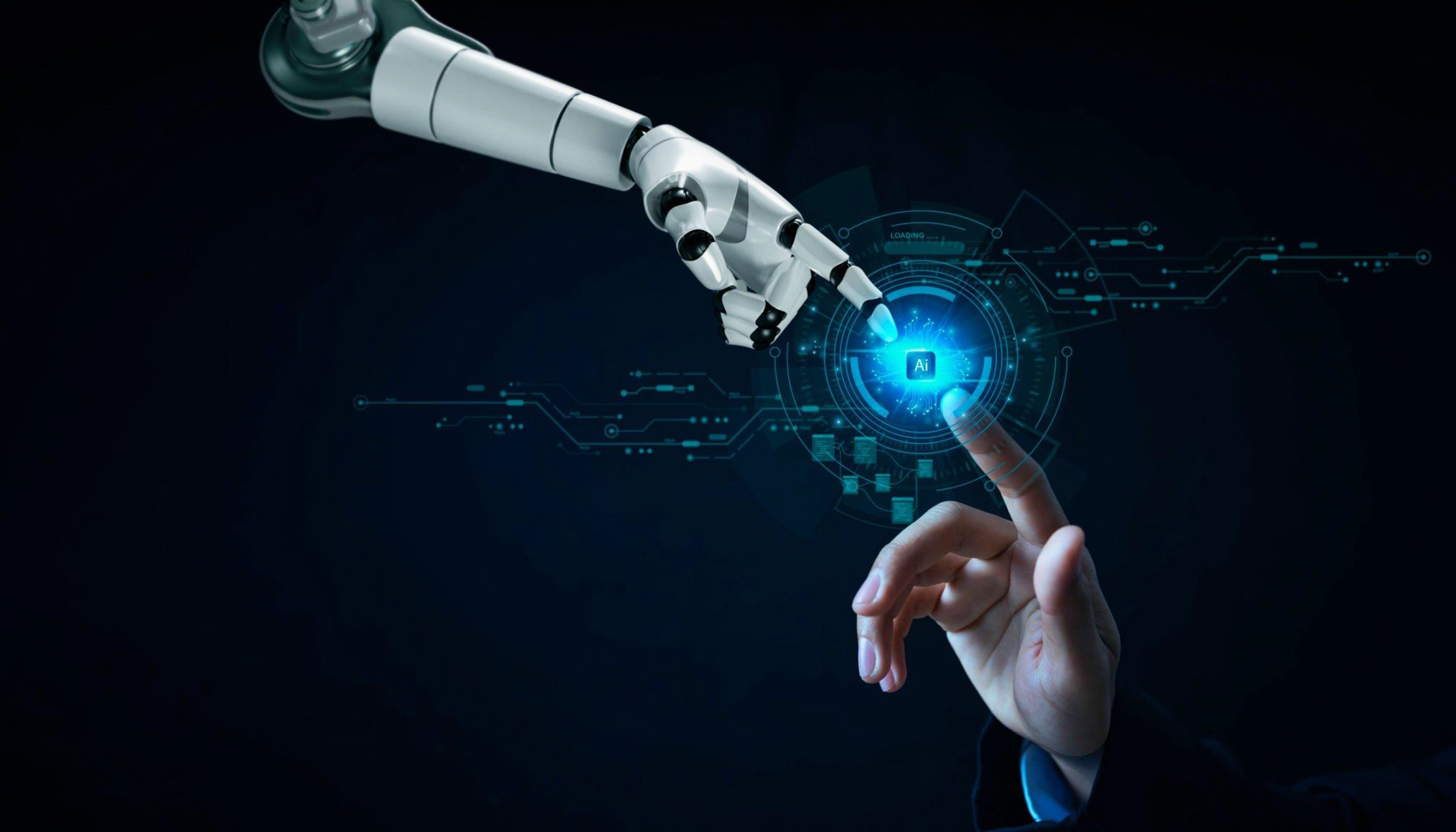




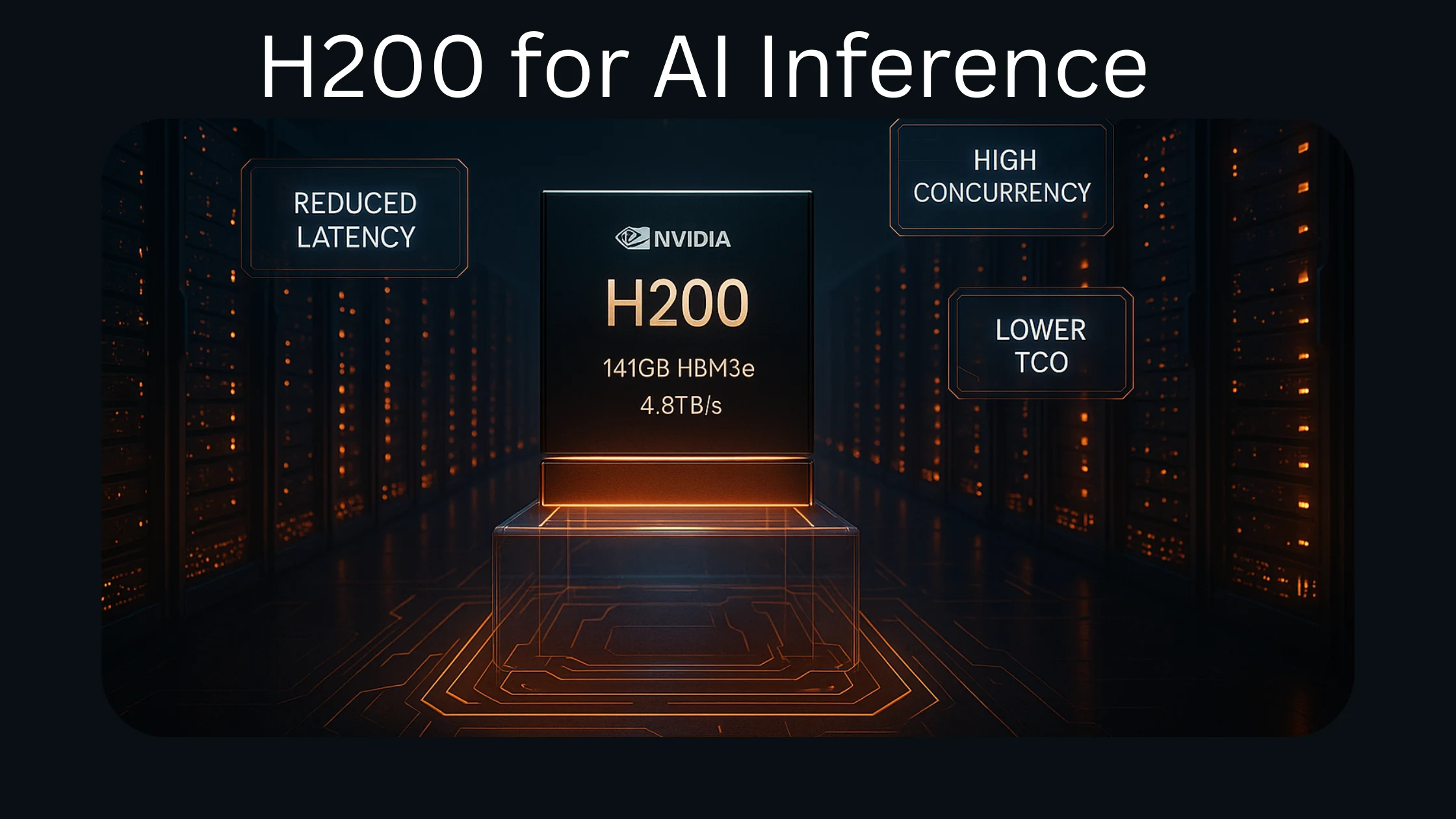
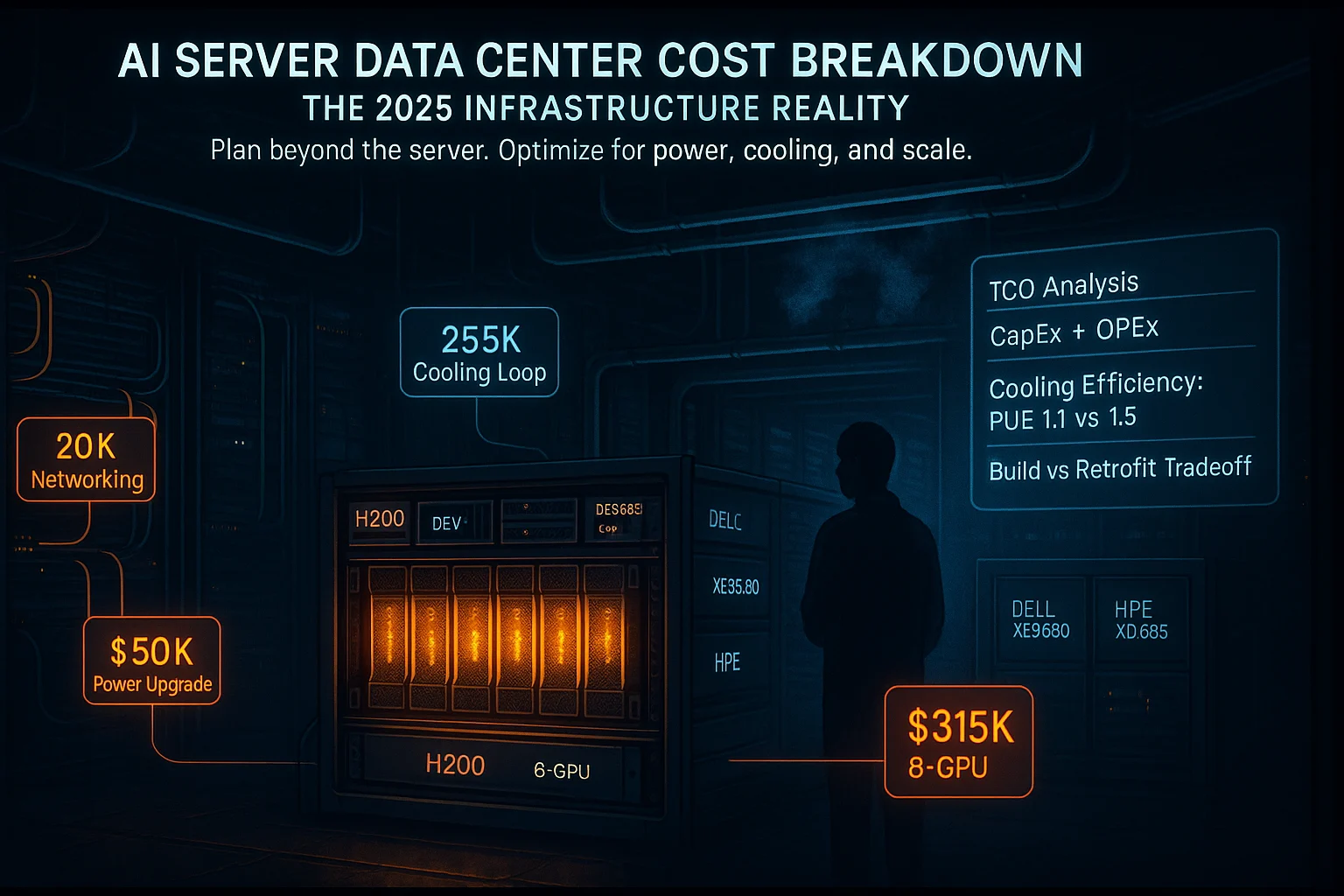
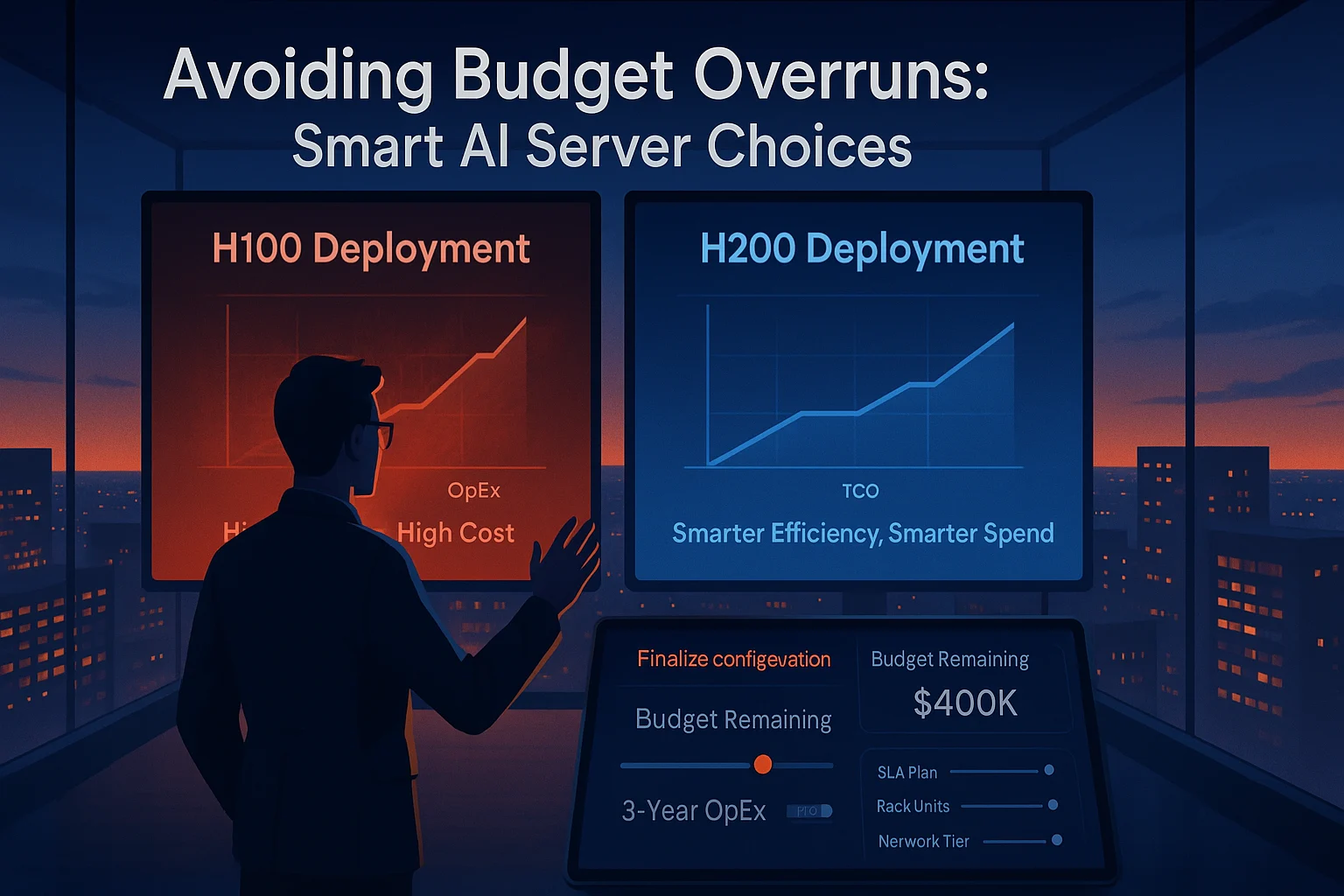
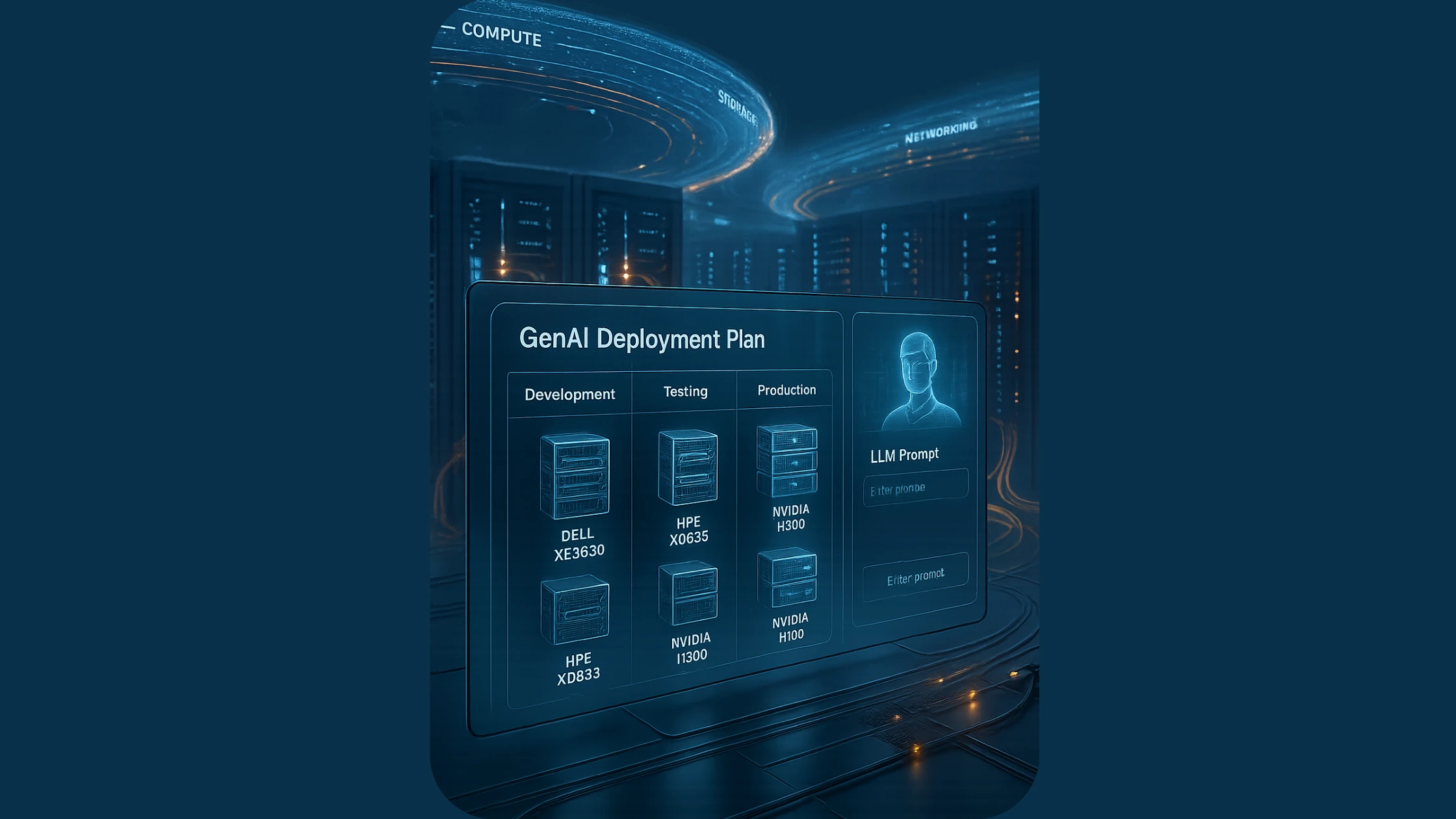
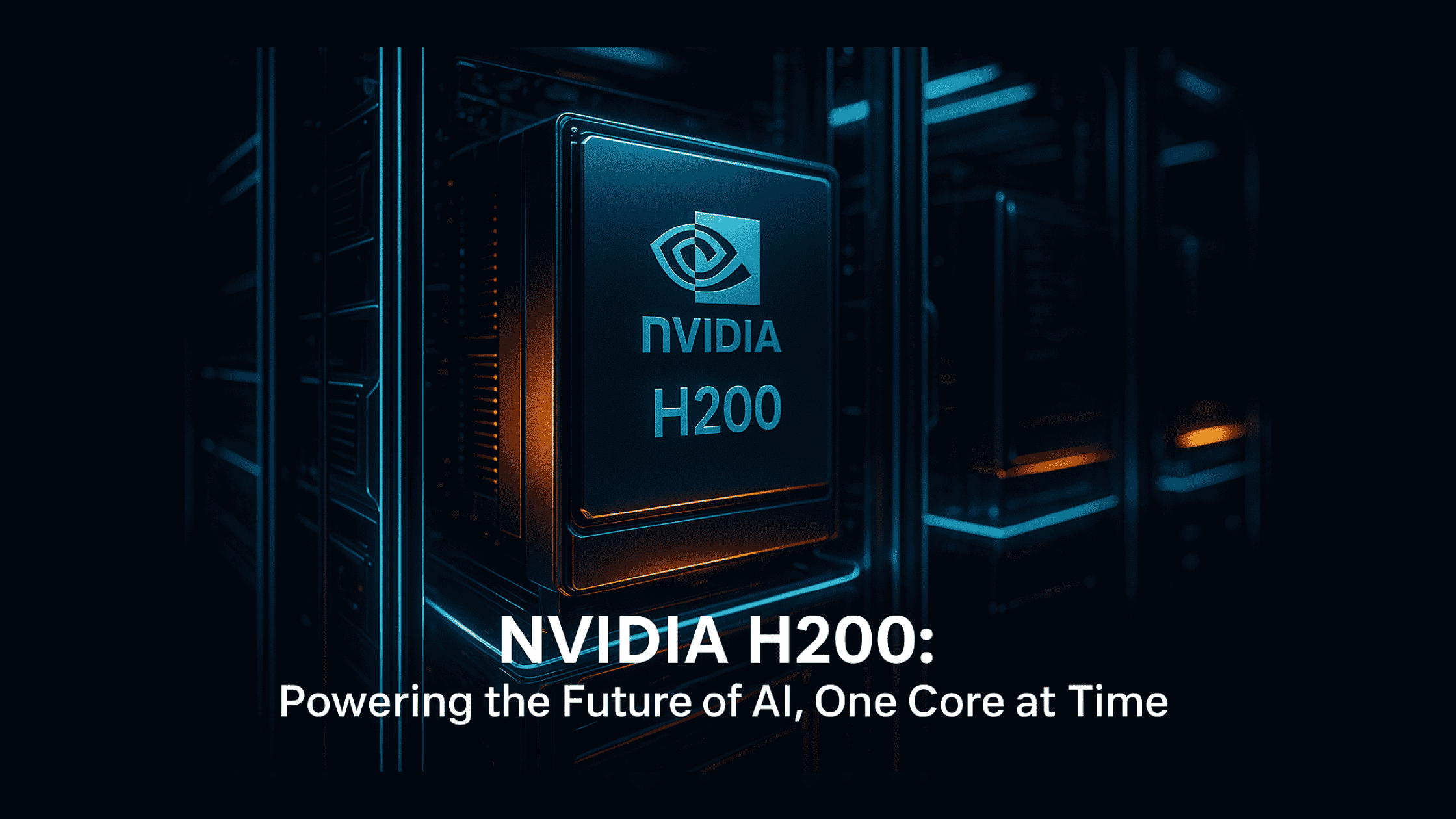
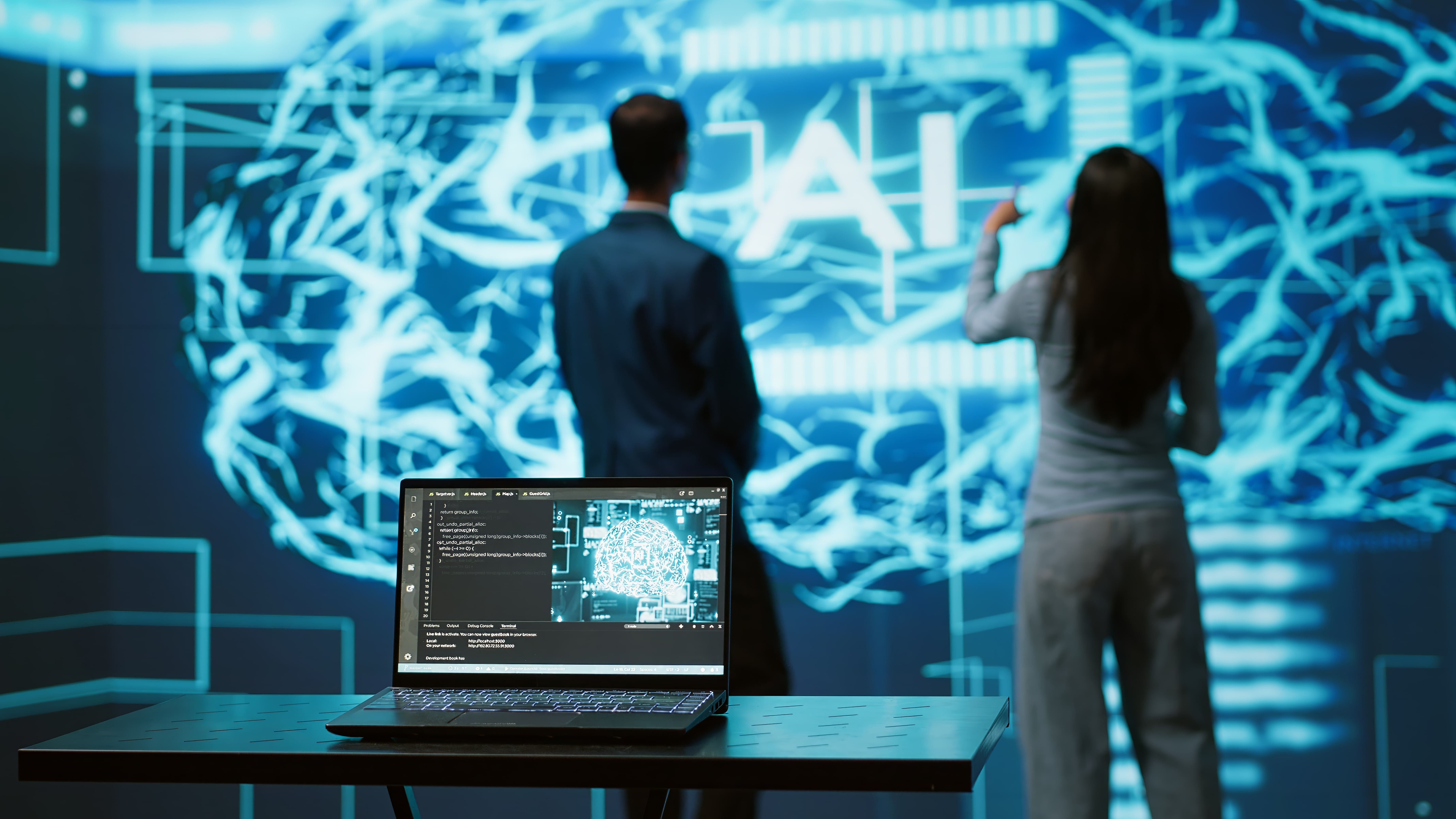
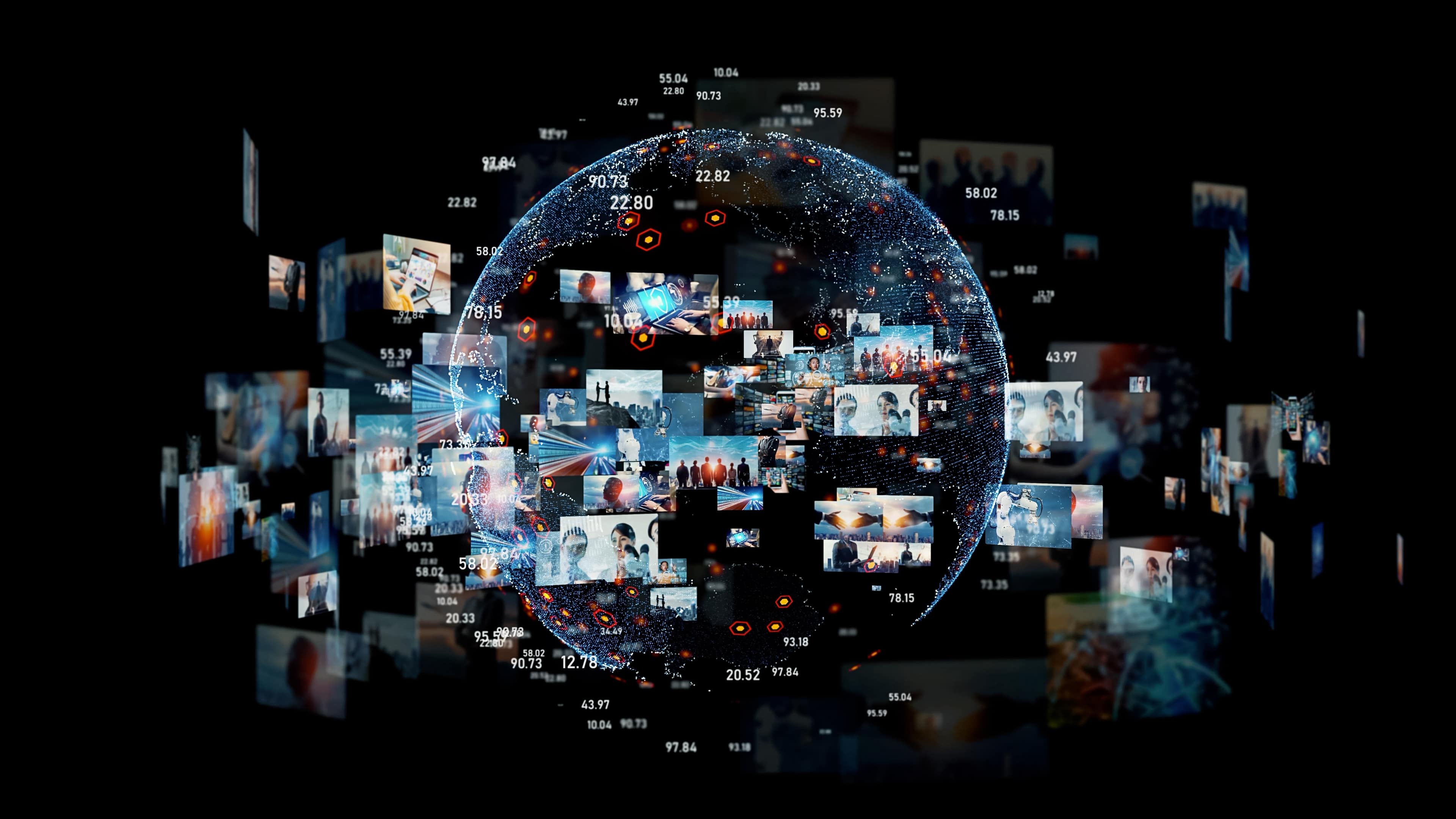

Unregistered User
It seems you are not registered on this platform. Sign up in order to submit a comment.
Sign up now